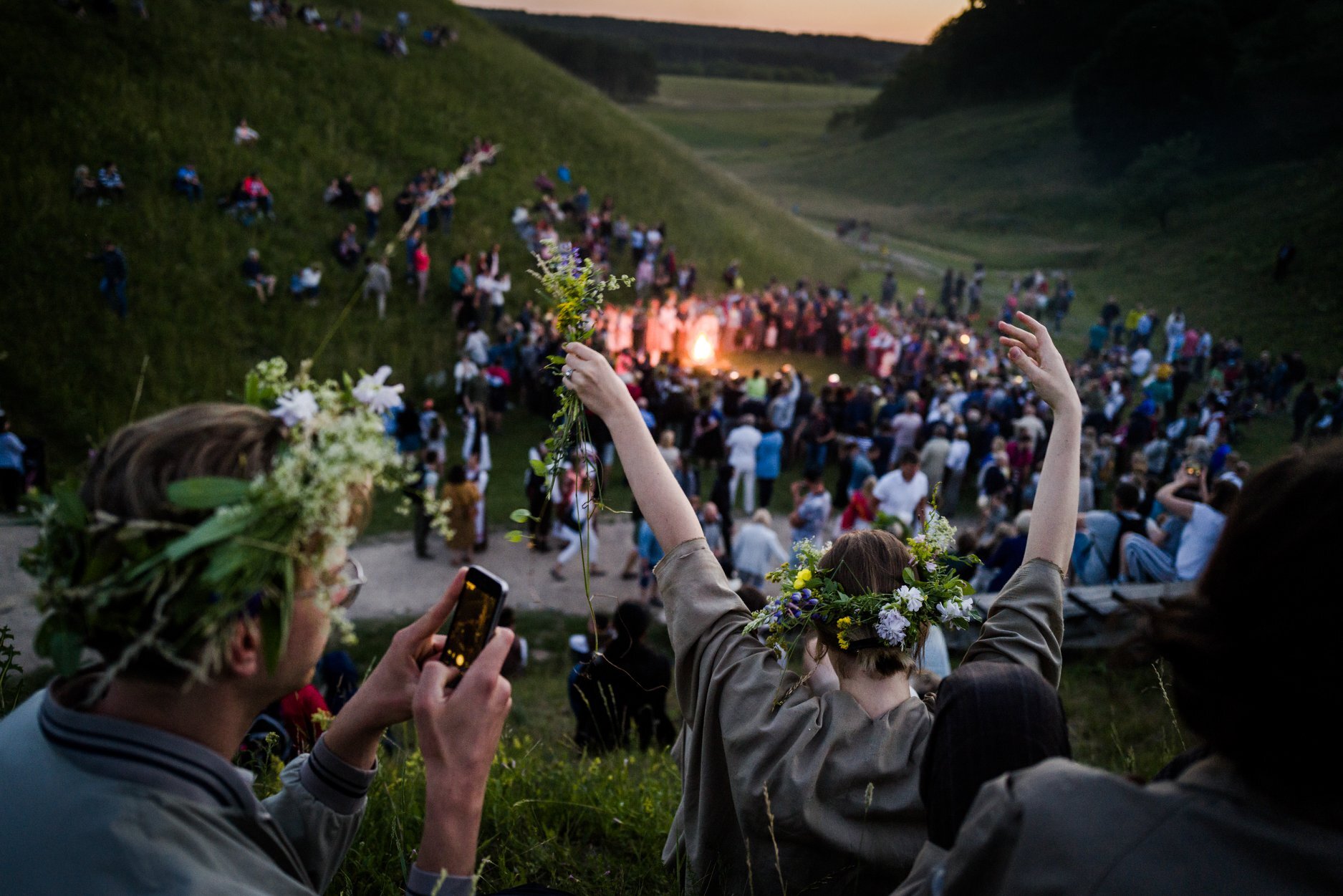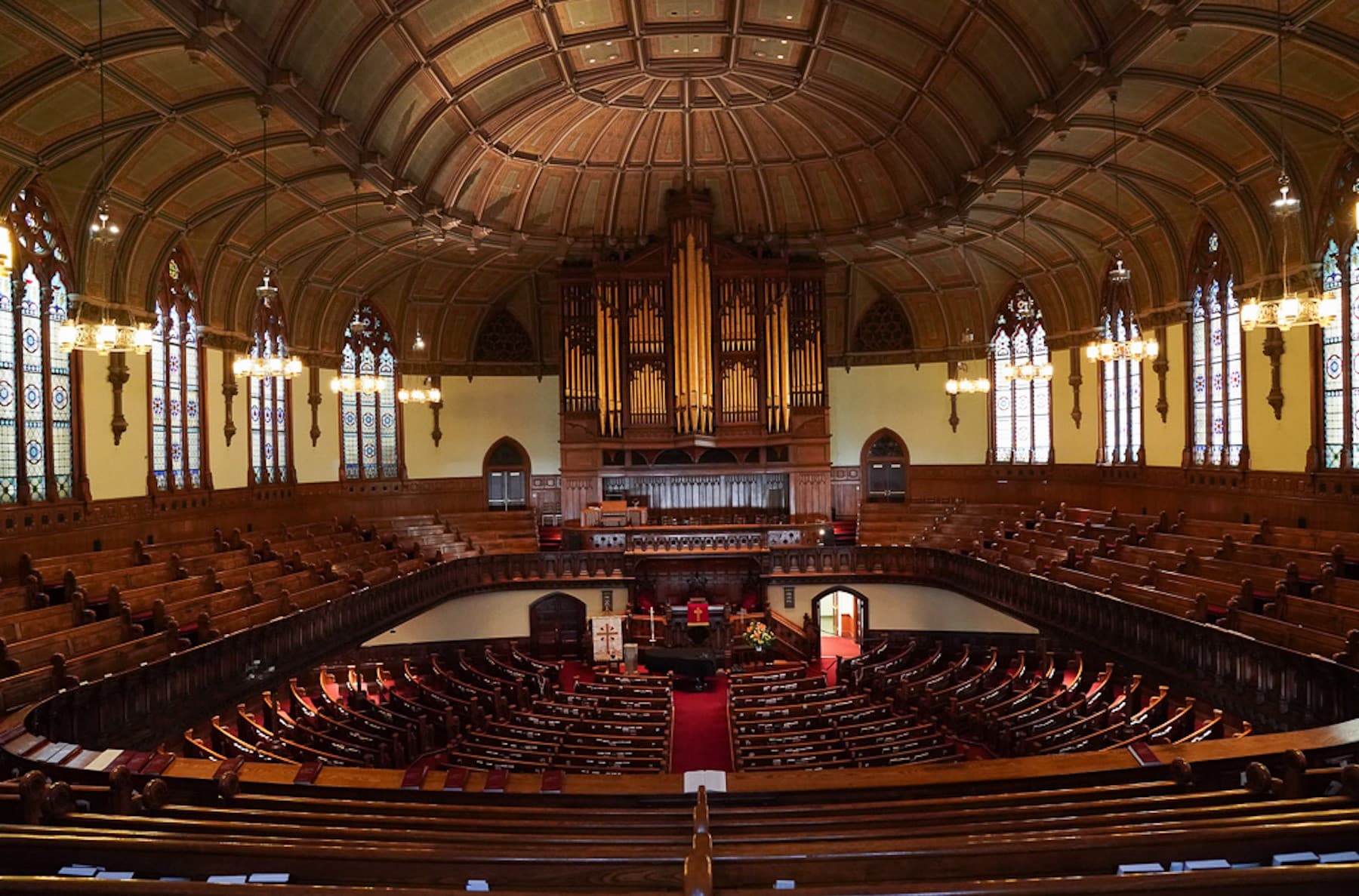
St. John’s Day, also known as the Feast of St. John the Baptist, is a significant event celebrated around the world. This annual observance is held on June 24th and honors John the Baptist, a prominent figure in Christianity. With its rich history and cultural significance, St. John’s Day has become a cherished tradition in many countries.
From bonfires and fireworks to religious ceremonies and festive rituals, St. John’s Day is a time of joy and celebration. It marks the summer solstice, the longest day of the year, and is associated with themes of rebirth, purification, and new beginnings.
In this article, we will explore eight fascinating facts about St. John’s Day, shedding light on its origins, customs, and the various ways it is commemorated globally.
Key Takeaways:
- St. John’s Day, celebrated on June 24th, is a time for bonfires, water rituals, and herbal remedies. It symbolizes the triumph of light over darkness and the arrival of summer.
- Communities around the world come together to honor St. John the Baptist with music, dance, and feasts. The day holds deep religious and cultural significance, marking the triumph of light and the hope of a new day.
The Origins of St. John’s Day
St. John’s Day, also known as the Feast of St. John the Baptist, is celebrated annually on June 24th. This important date holds religious and cultural significance for many countries around the world. It is believed to commemorate the birth of St. John the Baptist, who is considered a significant figure in Christian tradition.
Traditions and Customs
St. John’s Day is marked by a variety of customs and traditions that have been passed down through generations. One of the most popular traditions is the lighting of bonfires, which symbolize the cleansing and purification of evil spirits. Additionally, communities often come together to enjoy music, dance, and feasts as part of the celebrations.
Symbolic Bonfires
The lighting of bonfires on St. John’s Day has deep symbolic meaning. The flames are believed to ward off negative energies and protect against illness and misfortune. It is also a way to seek blessings and make wishes for the future. People jump over the fire, a practice believed to bring good luck and purification.
Water Rituals
In some regions, St. John’s Day is associated with water rituals. People would gather near rivers, lakes, or the sea to take part in various water-related activities. These may include swimming, bathing, or even performing special ceremonies to honor St. John the Baptist, who baptized people in the Jordan River.
Midsummer Celebrations
St. John’s Day coincides with the summer solstice, the longest day of the year in the Northern Hemisphere. This alignment has led to the blending of St. John’s Day celebrations with Midsummer festivities. It is a time when people rejoice in the abundance of daylight and the arrival of summer.
Herbal Remedies and Healing
St. John’s Day is associated with various herbal remedies and healing practices. It is believed that medicinal herbs, such as St. John’s Wort, have enhanced potency on this particular day. People would gather these herbs and use them to create teas, tinctures, and ointments for their medicinal properties.
St. John’s Day Around the world
St. John’s Day is celebrated in many countries across Europe and the Americas, each with its own unique customs and traditions. In Spain, for example, the festival of San Juan involves beach parties and midnight swims. In Brazil, the celebration coincides with the Festa Junina, a festive event with music, dancing, and traditional food.
Symbolism of Fire and Light
Fire and light hold great symbolism on St. John’s Day. Beyond its cleansing and protective qualities, fire is seen as a representation of knowledge and enlightenment. It symbolizes the triumph of light over darkness and the hope that comes with the dawning of a new day.
On St. John’s Day, people gather to witness the power of fire, participate in ancient rituals, and celebrate the arrival of summer. It is a time filled with joy, tradition, and a sense of unity as communities come together to honor their shared heritage. So, mark your calendar and immerse yourself in the enchanting festivities of St. John’s Day.
Conclusion
In conclusion, St. John’s Day is a fascinating and significant celebration that holds deep cultural and religious significance in many parts of the world. From its ancient origins to its modern-day festivities, this holiday brings people together to honor the life and contributions of St. John the Baptist.Whether you choose to partake in traditional bonfires, take a dip in the water for purification, or simply enjoy the vibrant atmosphere of St. John’s Day celebrations, this festive occasion is sure to leave a lasting impression. So mark your calendars, gather your loved ones, and embrace the spirit of St. John’s Day!
FAQs
Q: What is St. John’s Day?
A: St. John’s Day is a Christian holiday celebrated on June 24th, in honor of the birth of St. John the Baptist.
Q: Where is St. John’s Day celebrated?
A: St. John’s Day is celebrated in various countries around the world, including Spain, Portugal, Brazil, Norway, and Sweden.
Q: What are some common traditions associated with St. John’s Day?
A: Common traditions include bonfires, fireworks, singing and dancing, wearing floral wreaths, and taking part in processions and parades.
Q: Why are bonfires such a popular part of St. John’s Day celebrations?
A: Bonfires symbolize the light of St. John and his role as the “light of the world.” They are also believed to ward off evil spirits and bring good luck.
Q: Are there any specific foods associated with St. John’s Day?
A: In some countries, it is common to enjoy traditional dishes such as grilled sardines, roasted lamb, and various sweets and pastries.
Q: Are there any specific rituals or customs observed on St. John’s Day?
A: Yes, there are various rituals and customs associated with St. John’s Day, such as jumping over bonfires, bathing in bodies of water for purification, and performing divination rituals.
Q: Can anyone participate in St. John’s Day celebrations?
A: Yes, St. John’s Day celebrations are open to people of all ages and backgrounds. It is a time for communities to come together and enjoy the festive atmosphere.
Q: Can St. John’s Day be celebrated in a non-religious context?
A: While St. John’s Day has religious origins, it is also celebrated as a cultural and social event in many places. People of various beliefs can take part in the festivities.
If you enjoyed learning about St. John's Day, why not explore more captivating topics? Discover the vibrant atmosphere and unforgettable experiences at Parklife Festival. Uncover mysteries surrounding Stonehenge's ancient summer solstice celebrations. Dive into significant events that shaped history on June 24th.
Was this page helpful?
Our commitment to delivering trustworthy and engaging content is at the heart of what we do. Each fact on our site is contributed by real users like you, bringing a wealth of diverse insights and information. To ensure the highest standards of accuracy and reliability, our dedicated editors meticulously review each submission. This process guarantees that the facts we share are not only fascinating but also credible. Trust in our commitment to quality and authenticity as you explore and learn with us.


